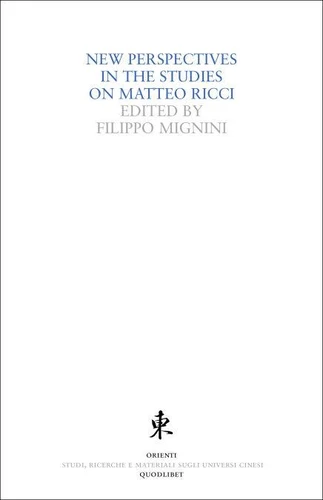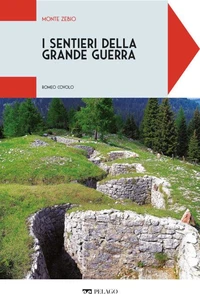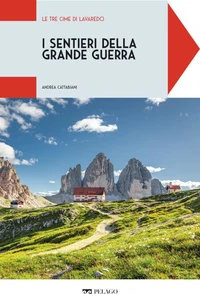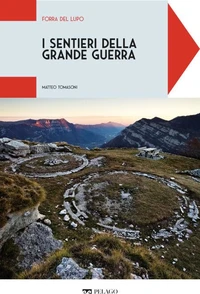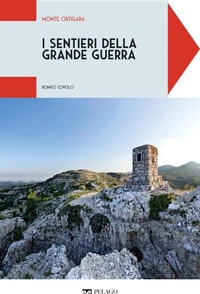New Perspectives in the Studies on Matteo Ricci
Par : ,Formats :
Disponible dans votre compte client Decitre ou Furet du Nord dès validation de votre commande. Le format PDF protégé est :
- Compatible avec une lecture sur My Vivlio (smartphone, tablette, ordinateur)
- Compatible avec une lecture sur liseuses Vivlio
- Pour les liseuses autres que Vivlio, vous devez utiliser le logiciel Adobe Digital Edition. Non compatible avec la lecture sur les liseuses Kindle, Remarkable et Sony
- Non compatible avec un achat hors France métropolitaine
 , qui est-ce ?
, qui est-ce ?Notre partenaire de plateforme de lecture numérique où vous retrouverez l'ensemble de vos ebooks gratuitement
Pour en savoir plus sur nos ebooks, consultez notre aide en ligne ici
- FormatPDF
- ISBN978-88-229-1015-8
- EAN9788822910158
- Date de parution14/06/2019
- Protection num.Adobe DRM
- Taille7 Mo
- Infos supplémentairespdf
- ÉditeurQuodlibet
Résumé
Matteo Ricci (Macerata, 1552 - Beijing, 1610) was the first Westerner to establish a deep reciprocal relationship of knowledge and friendship between Europe and China. He still remains today, for the two civilizations, a symbol and a model of mutual relations. This volume proposes new studies in three research areas. The first deals with new or unpublished documents in Chinese concerning Matteo Ricci and his interlocutors.
The aim of this investigation is to provide a more nuanced and precise reconstruction of Ricci's experience by relying on a full knowledge of events and records. Secondly, the volume suggests new ways of analysing Ricci's works by examining a number of topics that have never been explored before, or by focusing on writings that still need to be properly understood. The third theme of the volume is the effort in self-understanding among European scholars prompted by Ricci and later Jesuits, as well as by other religious orders, especially during the seventeenth and eighteenth centuries.
As a whole, the volume is an essential reference work for those who want to have a better understanding of Matteo Ricci and of the first significant encounter between Europe and China.
The aim of this investigation is to provide a more nuanced and precise reconstruction of Ricci's experience by relying on a full knowledge of events and records. Secondly, the volume suggests new ways of analysing Ricci's works by examining a number of topics that have never been explored before, or by focusing on writings that still need to be properly understood. The third theme of the volume is the effort in self-understanding among European scholars prompted by Ricci and later Jesuits, as well as by other religious orders, especially during the seventeenth and eighteenth centuries.
As a whole, the volume is an essential reference work for those who want to have a better understanding of Matteo Ricci and of the first significant encounter between Europe and China.
Matteo Ricci (Macerata, 1552 - Beijing, 1610) was the first Westerner to establish a deep reciprocal relationship of knowledge and friendship between Europe and China. He still remains today, for the two civilizations, a symbol and a model of mutual relations. This volume proposes new studies in three research areas. The first deals with new or unpublished documents in Chinese concerning Matteo Ricci and his interlocutors.
The aim of this investigation is to provide a more nuanced and precise reconstruction of Ricci's experience by relying on a full knowledge of events and records. Secondly, the volume suggests new ways of analysing Ricci's works by examining a number of topics that have never been explored before, or by focusing on writings that still need to be properly understood. The third theme of the volume is the effort in self-understanding among European scholars prompted by Ricci and later Jesuits, as well as by other religious orders, especially during the seventeenth and eighteenth centuries.
As a whole, the volume is an essential reference work for those who want to have a better understanding of Matteo Ricci and of the first significant encounter between Europe and China.
The aim of this investigation is to provide a more nuanced and precise reconstruction of Ricci's experience by relying on a full knowledge of events and records. Secondly, the volume suggests new ways of analysing Ricci's works by examining a number of topics that have never been explored before, or by focusing on writings that still need to be properly understood. The third theme of the volume is the effort in self-understanding among European scholars prompted by Ricci and later Jesuits, as well as by other religious orders, especially during the seventeenth and eighteenth centuries.
As a whole, the volume is an essential reference work for those who want to have a better understanding of Matteo Ricci and of the first significant encounter between Europe and China.

